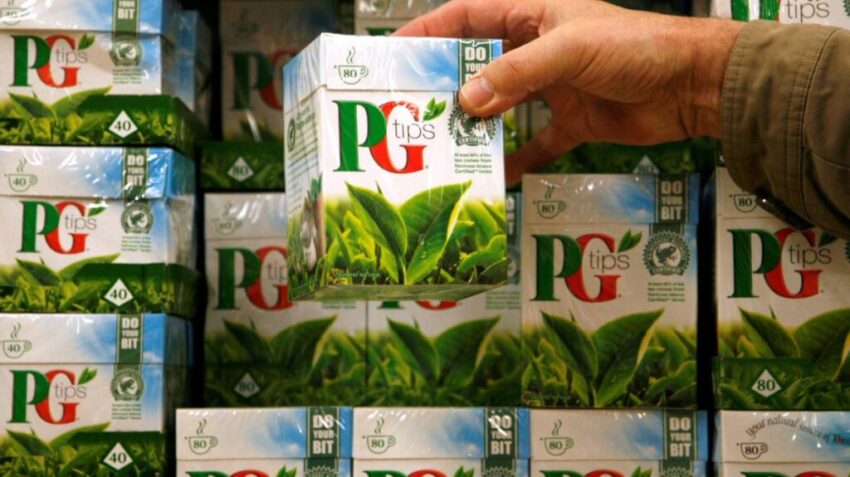Unilever is moving its legal base to London in a move that unwinds the Anglo-Dutch dual structure that it has had for more than 90 years and could pave the way for a break-up of the business.
The unification comes two years after the consumer goods giant behind Dove, Marmite and Persil faced a humiliating investor rebellion over its attempt to shift its headquarters to Rotterdam. Unilever, which was formed in 1929 by the merger of Lever Brothers and the Dutch company Margarine Unie, said that this new plan would be formed through a cross-border merger between Unilever PLC and Unilever NV. Rotterdam-based shareholders will receive one new Unilever PLC share in exchange for each Unilever NV share.
Shares in Unilever rose by 52p, or 1.19 per cent, to £44.30 in morning trading.
The company said that it had been reviewing the unification move for the past 18 months and believed that it would give it “strategic flexibility to grow shareholder value, providing a catalyst for accelerated portfolio evolution and greater organisational autonomy”.
The business added that a strategic review of its tea business, which includes PG Tips, had highlighted that its dual structure could “create disadvantages for the group”.
As a result of the unification the company said: “Investors will share exactly the same legal, ownership, dividend, governance and capital distribution rights in a single parent company.” It emphasised that Unilever was expected to remain part of the FTSE 100 and in Amsterdam’s AEX index.
In 2018 shareholders rebelled against Unilever’s plans to move to Rotterdam as it would be withdrawing from the UK’s blue-chip index. As a result the company was forced to scrap the plan and Paul Polman and Marijn Dekkers, the chief executive and chairman who spearheaded the plans, have since stepped down.
Unilever said that it did not expect the unification to alter the manufacturing activities or staffing levels in the UK, where it employs 6,000 people, or the Netherlands, where it has a 2,500-strong workforce.
The business said that it had already had negotiations with the Dutch government and given a commitment that should it ever pursue a spin-off of its food business, which accounts for 40 per cent of Unilever sales, the separate listing would be incorporated in the Netherlands. A break-up of Unilever’s business has long been anticipated by the City as it has prioritised its faster-growing personal care business where it also has a greater reach in developing markets.
Nils Andersen, 61, Unilever chairman, said that the company’s board, “believes that unifying the company’s legal structure will create greater strategic flexibility, remove complexity and further improve governance”.
He added: “We remain committed to the Netherlands and the UK and there will be no change to Unilever’s footprint in either country as a result of the proposed change to Unilever’s legal parent structure. We are confident that unification will help Unilever deliver its vision of driving superior long-term performance through its multiple stakeholder business model.”
Analysts at Investec said: “Overall we view this news as positive as it will enable Unilever to shift to higher growth categories faster.”


